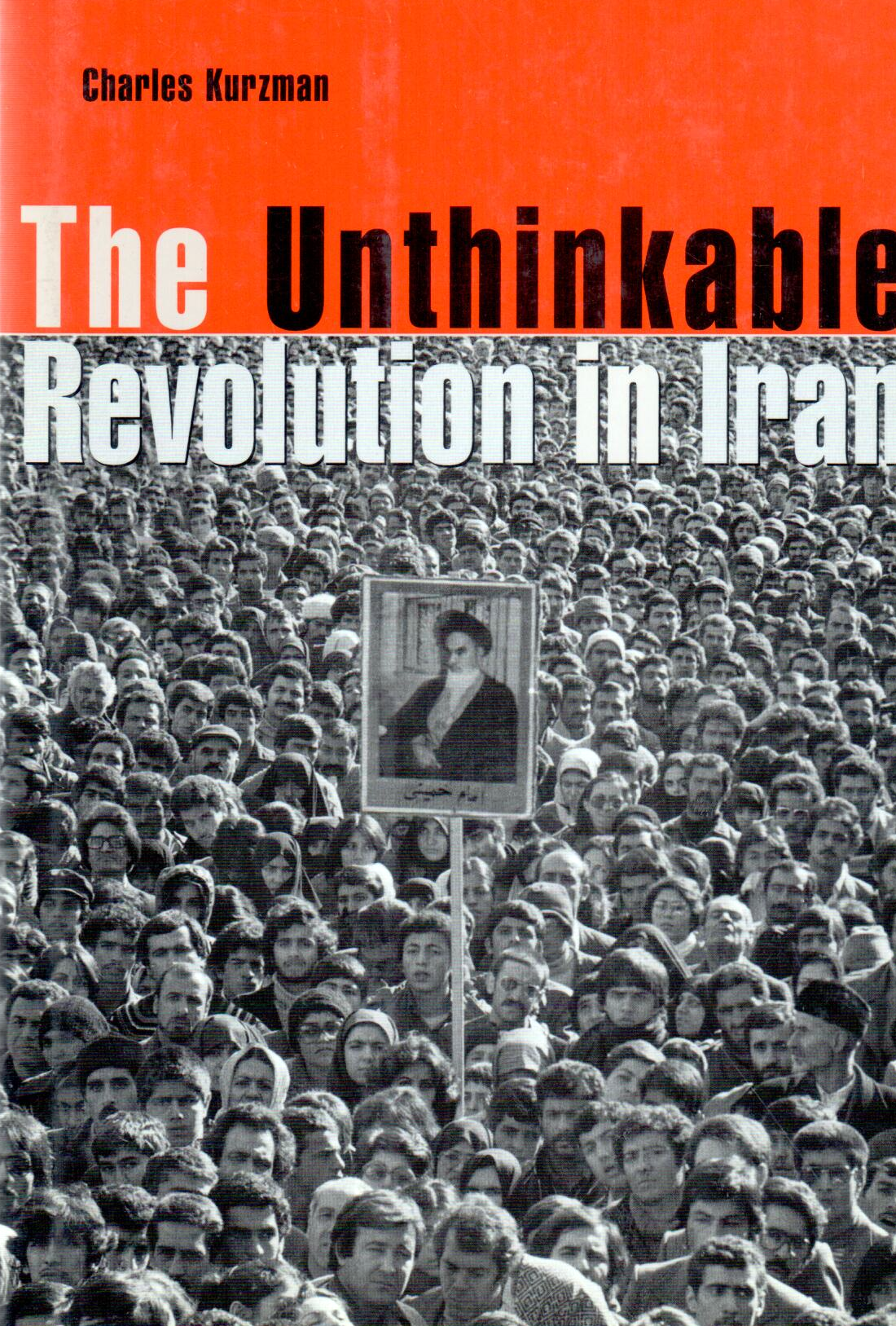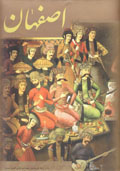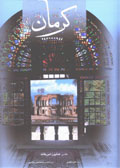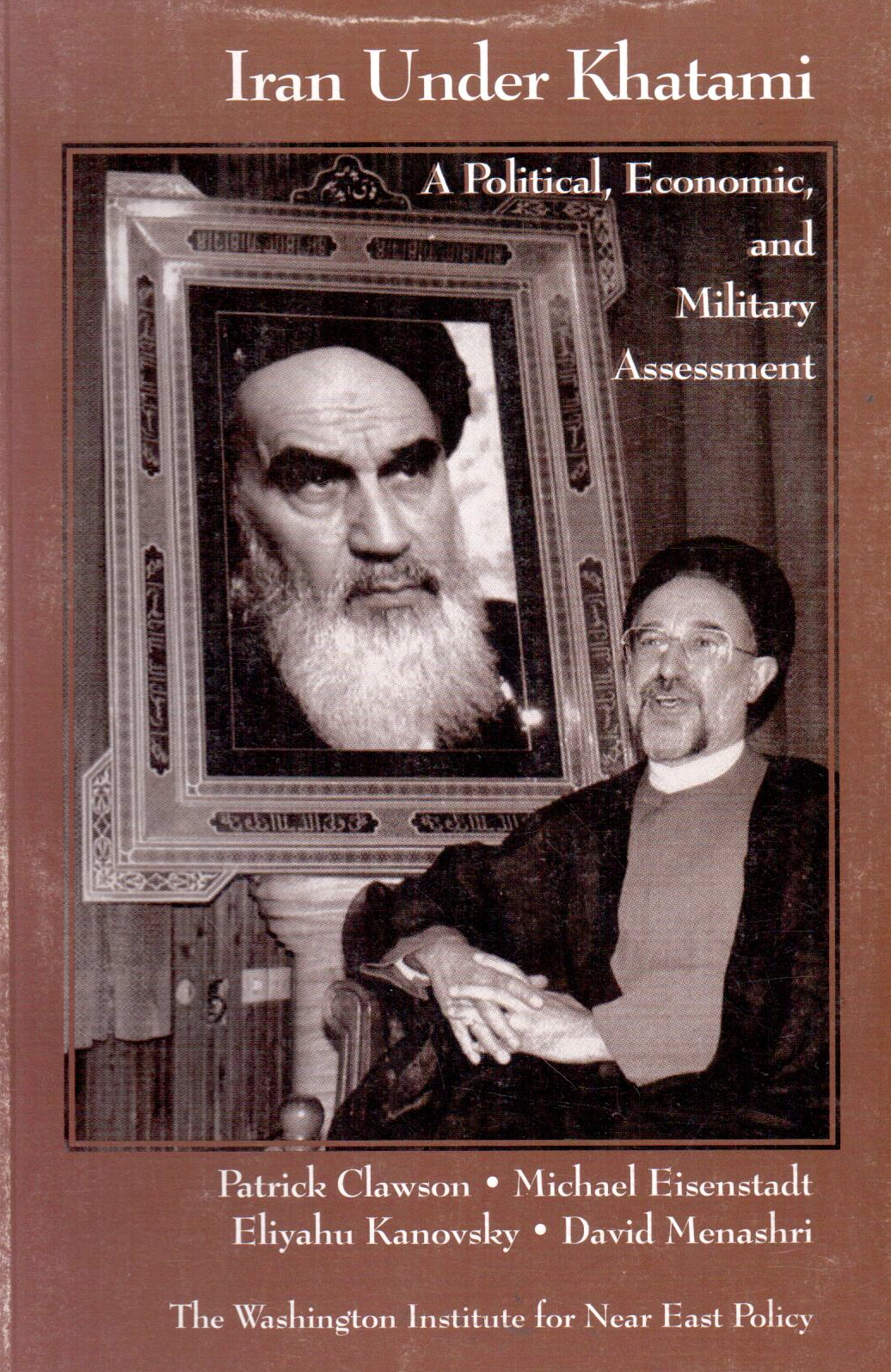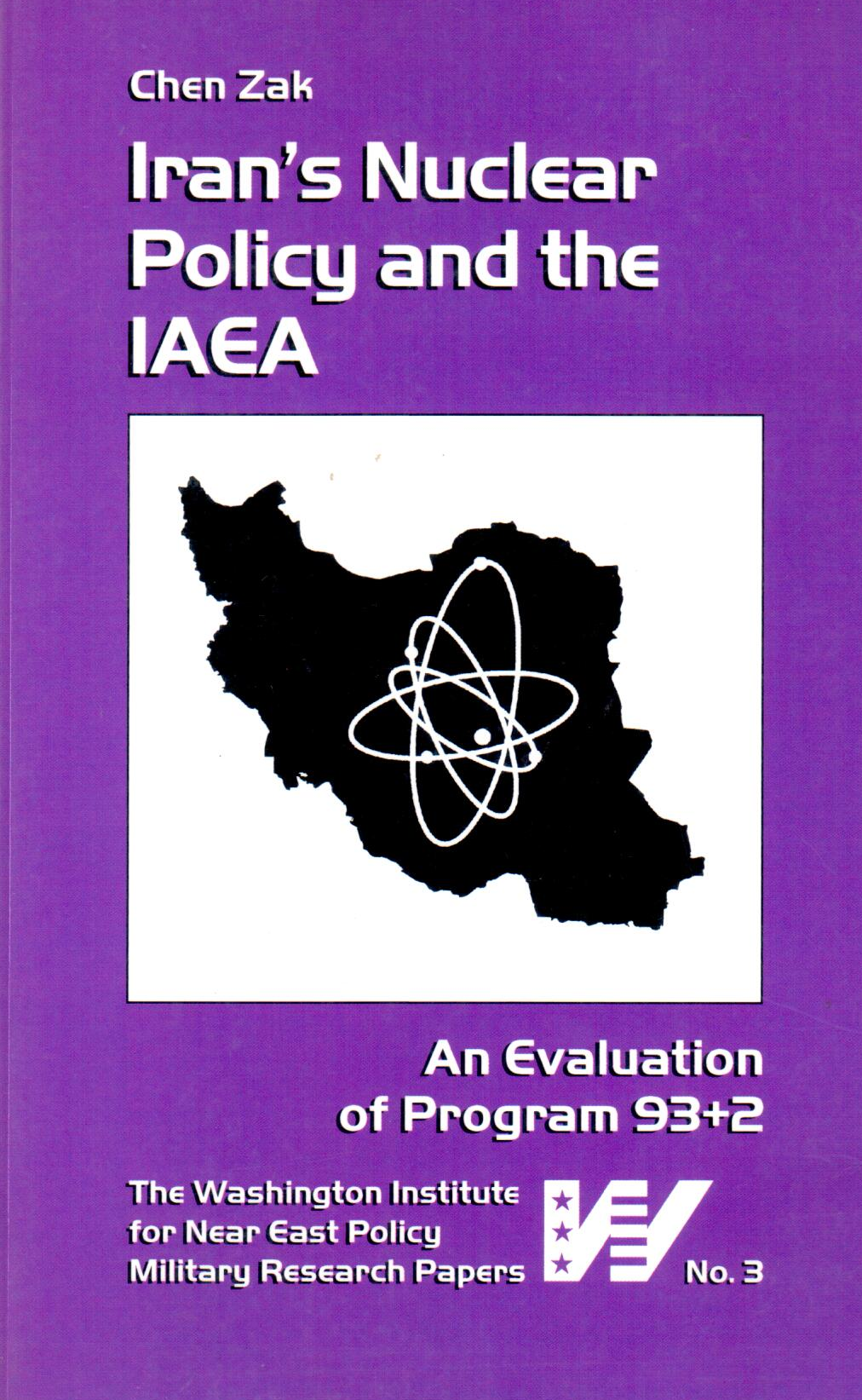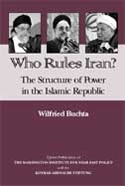Into the Shadows: Radical Vigilantes in Khatami´s Iran انگلیسی 2001
Into the Shadows: Radical Vigilantes in Khatami´s Iran
181 SEK
اشتراکگذاری
Wishlist
شابک:
0944029450
گروه سنی:
بزرگسال
صفحات:
123
وزن:
240 g
ابعاد:
14 x 21 x 0٫86 cm
جلد کتاب:
کاور کاغذی
Hardline vigilante groups, generally referred to as "pressure groups" (guruh-i fishar) in popular Iranian parlance, have long influenced Iranian politics and society during times of political tension. But particularly since President Muhammad KhatamiYs 1997 electionTas the power struggle between the Islamic RepublicYs reformist and hardline camps has acceleratedTvigilantes have become increasingly active, bold, and violent. Seeming to operate with impunity, their actions threaten both to undercut Iranian domestic reform and to challenge U.S. efforts toward a gradual rapprochement with Iran.
Iranian pressure groups cannot be considered a part of the "opposition" camp because, in reality, they act on behalf of various hardline factions within the government. Rather than attempt to overthrow the regime, pressure groups instead use violence, intimidation, and assassination as tools to affect government policy when they may not have the numerical strength or the power to do so through legal or legislative means.
more
Hardline vigilante groups, generally referred to as "pressure groups" (guruh-i fishar) in popular Iranian parlance, have long influenced Iranian politics and society during times of political tension. But particularly since President Muhammad KhatamiYs 1997 electionTas the power struggle between the Islamic RepublicYs reformist and hardline camps has acceleratedTvigilantes have become increasingly active, bold, and violent. Seeming to operate with impunity, their actions threaten both to undercut Iranian domestic reform and to challenge U.S. efforts toward a gradual rapprochement with Iran.
Iranian pressure groups cannot be considered a part of the "opposition" camp because, in reality, they act on behalf of various hardline factions within the government. Rather than attempt to overthrow the regime, pressure groups instead use violence, intimidation, and assassination as tools to affect government policy when they may not have the numerical strength or the power to do so through legal or legislative means.
more




